Photo credits: The Library of Congress
Nixon v. Herndon was a United States Supreme Court decision, which struck down a 1923 Texas law forbidding blacks from voting in the Texas Democratic Party primary.
Due to the limited amount of Republican Party activity in Texas at the time following the suppression of black voting through poll taxes, the Democratic Party primary was essentially the only competitive process and chance to choose candidates for the Senate, House of Representatives, and state offices.
This case was one of four supported by the National Association for the Advancement of Colored People (NAACP), which challenged the Texas Democratic Party’s all-white primary. This non-inclusive voting process was finally prohibited in the Supreme Court ruling Smith v. Allwright in 1944.
In 1902, the Texas legislature passed a poll tax measure, which suppressed the vote of Black and Mexican Americans in the Southern state. As voter participation by these groups declined, the Democratic Party became more dominant.
Background of Nixon v. Herndon
Dr. Lawrence A. Nixon, (a Black physician in El Paso, Texas, and member of the Democratic Party) sought to vote in the Democratic Party primary of 1924 in El Paso. The defendants in his case were the state-level magistrates in charge of elections.
They prevented Nixon from doing so on the basis of the 1923 Statute of Texas. This law provided that “in no event shall a negro be eligible to participate in a Democratic party primary election held in the State of Texas.” Oral arguments began on January 4, 1927.
Nixon sought an injunction against the statute in the federal district court. The district court dismissed the suit, and Nixon appealed to the United States Supreme Court. Nixon argued that the statute violated the Fourteenth and Fifteenth Amendments to the U.S. Constitution.
The defendants argued that the Court lacked jurisdiction over the issue because it posed a political question.
Final Ruling in the Case
The Court (speaking through Justice Oliver Wendell Holmes) unanimously rejected the argument that the political question doctrine barred the Court from deciding the case. The argument, said the Court, was a “little more than a play upon words.”
The injury, which the plaintiff alleged “involved political action” alleged and sought to recover for “private damage.”
The Court then turned to the merits of the suit. It said that it was unnecessary to discuss whether the statute violated the Fifteenth Amendment, “because it seems to us hard to imagine a more direct and obvious infringement of the Fourteenth.”
March 27, 1927, was when the United States Supreme Court finally decided on the case–striking down 1923’s Texas state law, which prohibited black voting in the Democratic Primary.







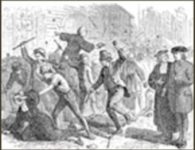

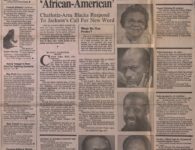

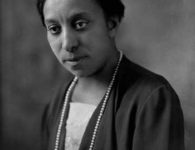


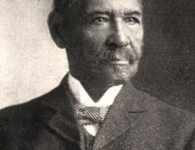
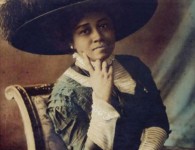




No comments